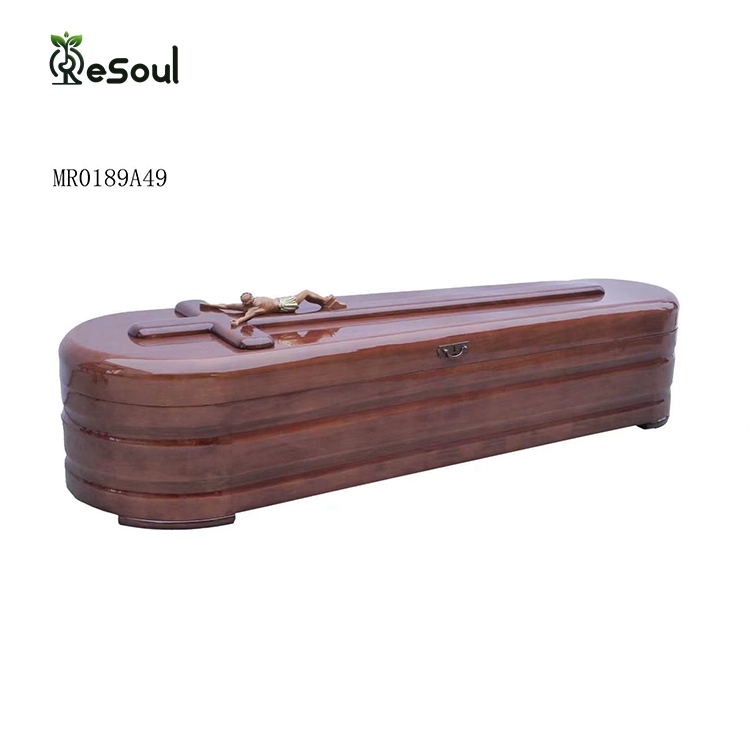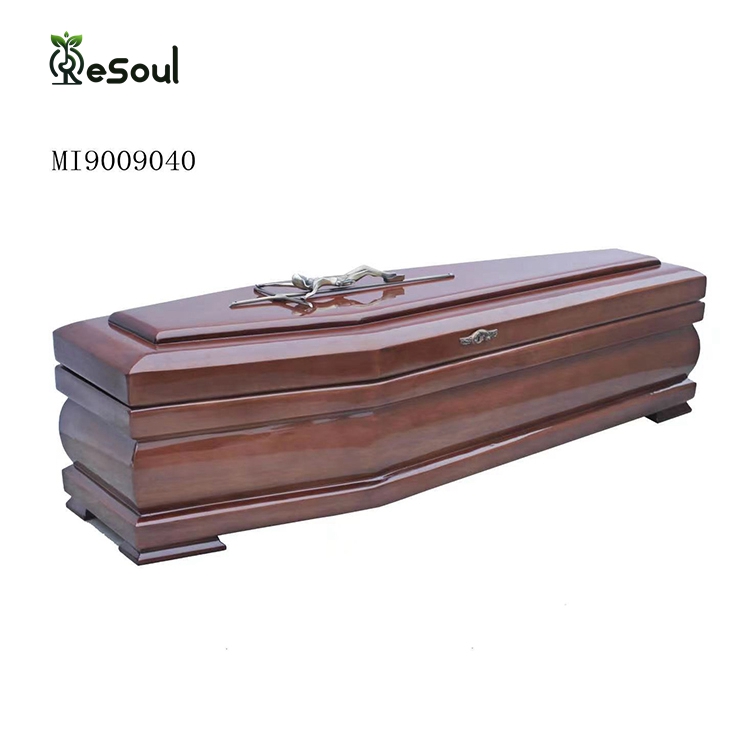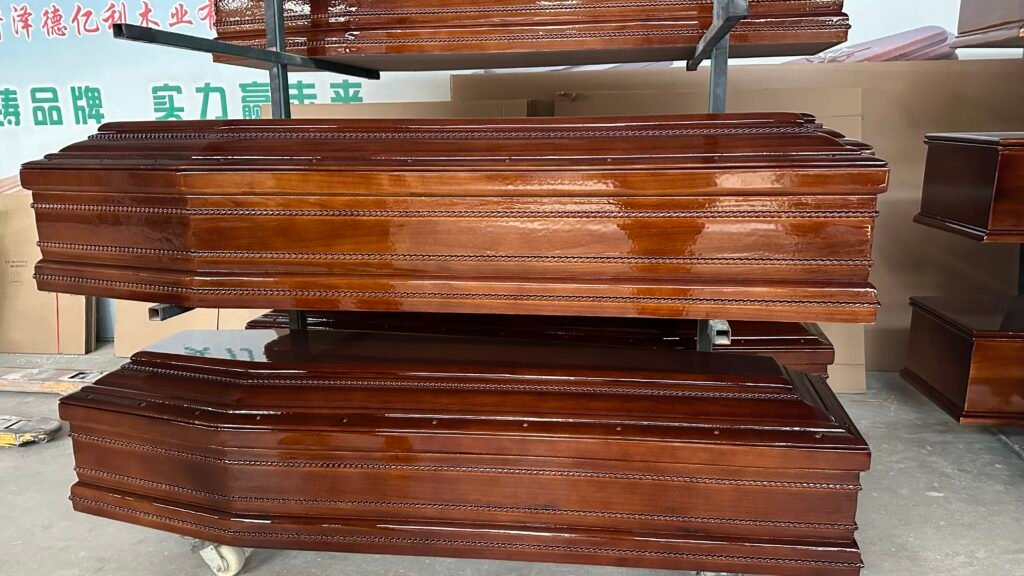From ancient rituals to contemporary memorial practices, coffins have long served as vessels of dignity and cultural expression. Today, the craft of coffin-making intertwines tradition with personalization, driven by demands for solid wood coffin custom designs, eco-conscious materials, and affordable options. This article explores four key questions about coffins—historical roles, modern practices, legal accessibility, and costs—while highlighting the enduring relevance of custom wood coffins, solid wood casket craftsmanship, and evolving consumer choices.
What Were Coffin Makers Called?
Historically, coffin makers were often referred to as coffiners or cabinetmakers, skilled artisans who blended woodworking expertise with an understanding of funerary customs. In medieval Europe, they were sometimes grouped with carpenters or joiners, while the Victorian era saw the rise of specialized undertakers who managed both coffin production and funeral arrangements.
The craft required mastery in making a wooden coffin, particularly using durable yet workable woods like oak, pine, or solid wood casket favorites such as mahogany. Today, terms like funeral furnisher or memorial artisan reflect the industry’s shift toward bespoke services, including custom wood coffins tailored to individual preferences. These modern craftsmen preserve traditional techniques—hand-carved details, dovetail joints—while incorporating innovations like eco-friendly finishes or modular designs.
Can You Still Carry a Coffin?
The act of carrying a coffin, or pallbearing, remains a poignant tradition in many cultures. In Ireland and the UK, families often choose relatives or close friends as bearers, symbolizing communal support. However, practicality and safety have introduced changes:
Weight considerations: Older solid wood caskets made of dense hardwoods (e.g., walnut) required 6–8 bearers. Modern lightweight materials like solid wood coffin custom designs using paulownia or pine reduce physical strain.
Professional services: Funeral homes now offer trained pallbearers, especially for heavy coffins or when families prefer not to shoulder the emotional and physical burden.
Cultural adaptations: Eco-friendly shrouds or biodegradable custom wood coffins sometimes replace traditional carriers, particularly in green burials.
Despite these shifts, the symbolic gesture of “carrying” one’s loved one persists, bridging past and present.

Can You Buy Your Own Coffin in the UK?
Yes, UK law allows individuals to purchase coffins independently, bypassing funeral directors. This growing trend, fueled by rising costs and a desire for personalization, includes:
Direct-to-consumer retailers: Online platforms sell custom wood coffins, from minimalist pine boxes to elaborate solid wood casket designs engraved with names or motifs.
DIY options: Unfinished kits for making a wooden coffin appeal to eco-conscious families, who can paint or decorate the vessel themselves.
Legal requirements: Coffins must meet safety standards (e.g., non-toxic materials, structural integrity) and crematorium guidelines if used for cremation.
Notably, the UK’s Funeral Rule prohibits funeral homes from charging extra fees if families supply their own coffin—a policy promoting transparency and competition.

How Much Do Coffins Cost in Ireland?
In Ireland, coffin prices vary widely based on materials, customization, and supplier. Key trends include:
Solid wood casket prices:
Standard pine or oak: €800–€1,500.
Premium hardwoods (e.g., cherry, mahogany): €2,000–€4,000.
Custom wood coffins with hand-painted details or religious symbols: +20–50% premium.
Eco-friendly options: Cardboard or willow coffins cost €300–€700, while solid wood coffin custom designs using sustainable paulownia range from €1,000–€1,800.
Regional differences: Urban areas like Dublin often have higher markups than rural workshops.
Funeral directors typically bundle coffin costs into packages (€4,000–€10,000), but independent purchases can save families 30–40%.

The Role of Modern Craftsmanship and Personalization
The resurgence of solid wood casket demand highlights a return to artisanal quality and meaningful memorialization. Key innovations include:
Thematic designs: Coffins shaped like guitars, books, or custom wood coffins painted with landscapes.
Multifunctional pieces: Convertible solid wood coffin custom items that serve as home storage or furniture pre-need.
Cultural fusion: Blending materials (e.g., stone accents with paulownia wood) for symbolic hybrid designs.
However, challenges remain, particularly in balancing solid wood casket prices with affordability. Sustainable forestry and local sourcing help reduce costs, while digital tools (3D modeling) allow families to visualize custom wood coffins before purchase.

Conclusion: Honoring Life Through Crafted Legacy
Coffins, whether a solid wood casket heirloom or a custom wood coffins masterpiece, remain powerful symbols of respect and individuality. From the workshops of historic coffiners to today’s online configurators, the evolution of coffin-making reflects societal values—sustainability, accessibility, and the timeless need to honor life with artistry. As consumers increasingly seek control over their final journey, the fusion of tradition and innovation ensures that every coffin, crafted through skill or personalized intent, becomes a dignified farewell.





